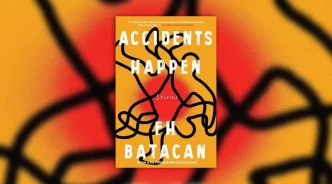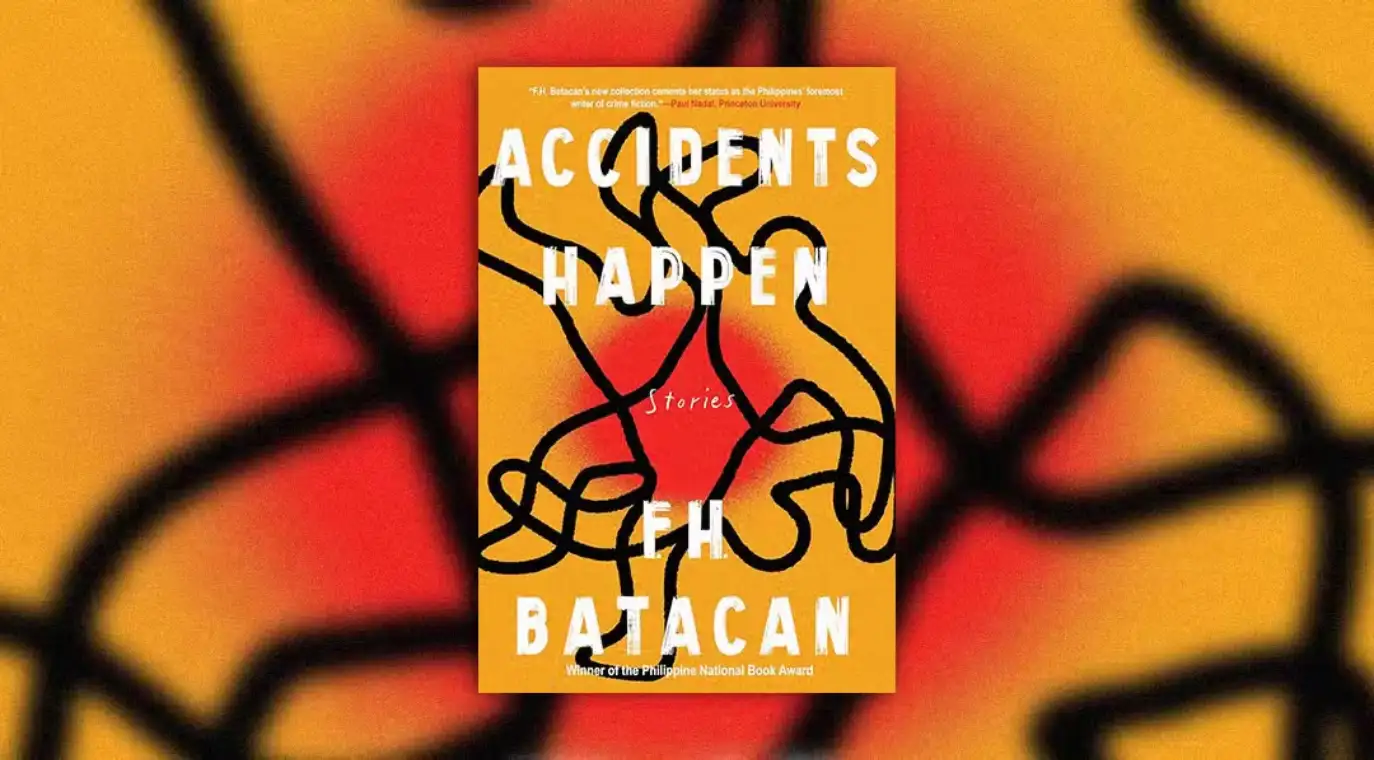In the landscape of contemporary Filipino literature, FH Batacan stands as a singular voice, weaving narratives that cut to the heart of human experience with unflinching honesty. Her latest offering, “Accidents Happen,” a collection of short stories published by Soho Press in New York, marks a powerful return for the author of the critically acclaimed novel “Smaller And Smaller Circles.” This volume, blending early works with recent creations, delivers a visceral exploration of crime, society, and the quiet desperation of ordinary Filipinos, all while maintaining a delicate balance of humor and restraint.
A Tapestry of Ordinary Lives and Extraordinary Darkness
Batacan’s stories in “Accidents Happen” are not mere tales of crime; they are profound dissections of Filipino society, where the sociopolitical and economic realities are as much characters as the people themselves. Her characters are not stereotypes or caricatures but authentic, flawed individuals navigating lives marked by struggle and resilience. From Francis, the reflective youth in the titular story, to Isa, whose heartbreaking journey in the second piece evokes raw emotion, Batacan crafts narratives that resonate with both horror and recognition. Her ability to draw readers into dark worlds from unexpected, everyday perspectives sets this collection apart.
The stories often pose unsettling questions: What constitutes a crime? Who is truly a victim? Why do these events unfold as they do? While the resolutions are bittersweet, tinged with darkness, they feel inevitable, reflecting the harsh realities of the world Batacan portrays. As she holds a mirror to the ugliness of life, readers are compelled to confront truths they might otherwise avoid. Yet, there is an undercurrent of love—and a flicker of hope—that prevents the collection from descending into despair.
Mastery of Language and Form
One of Batacan’s greatest strengths is her command of the English language, a rarity among contemporary writers. Her prose is seamless, never jarring the reader out of the narrative with clumsy syntax or convoluted sentences. Instead, her authorial voice carries the comforting cadence of classic storytelling, while the content remains devastatingly real. She employs a range of techniques beyond traditional narration, including dialogue and interior monologue, to reveal cultural nuances—whether through descriptions of food, music, or sharp, throwaway observations that cut to the core of human experience.
Her use of omniscience allows insight into a diverse cast of characters, while shifts in tense and perspective deepen the emotional impact. Each story feels like the beginning of another, leaving readers to ponder what lies ahead for these individuals long after the final page. This open-ended quality, combined with rich, textured detail, creates a reading experience that is both immersive and thought-provoking.
Speculative Twists and Social Commentary
While many of Batacan’s stories are grounded in gritty realism, a few venture into speculative territory, offering a brief respite from the weight of reality while still delivering potent commentary. Tales like “Keeping Time,” with its dystopian edge, and “Road Trip,” steeped in horror and the supernatural, provide classic genre thrills. Yet even these pieces are tethered to the sociopolitical undercurrents that define the collection, ensuring that the speculative elements never feel detached from the broader narrative of Filipino life.
At the heart of each story lies an emotional crescendo, often blending sadness with a quiet rage. Readers are left to grapple with the recurring question: Why do these things happen in the Philippines? Batacan offers no easy answers, instead inviting reflection on the nature of accident and intent, darkness and light. Her work suggests that while humanity is capable of great pain, it is also capable of profound beauty—a duality most poignantly captured in stories like “The Number 1 Pencil,” which lingers long after reading.
A Cinematic Quality and Future Prospects
Filipino culture, from literature to cuisine, is enjoying a well-deserved moment on the global stage, and Batacan’s work is a prime example of why. Her stories possess a cinematic quality that seems destined for adaptation to film or theater, much like her debut novel. The vividness of her characters—such as the Jesuit forensic anthropologist Fr. Gus Saenz and investigative journalist Joanna Bonifacio, who reappear in this collection—makes them ripe for broader storytelling mediums.
Adding to the excitement, whispers in literary circles suggest Batacan is crafting a follow-up novel to “Smaller And Smaller Circles,” featuring some of the same beloved characters. For fans, “Accidents Happen” serves as a more than satisfying bridge, offering fresh encounters and emotional depth while whetting the appetite for what’s to come.
As Batacan’s latest work circulates among readers, it stands as a testament to the power of storytelling to illuminate the complexities of a nation and its people. Her ability to blend genre thrills with literary resonance ensures that “Accidents Happen” is not just a collection of stories, but a profound reflection on the human condition—one that invites readers to return, again and again, to its pages.
















